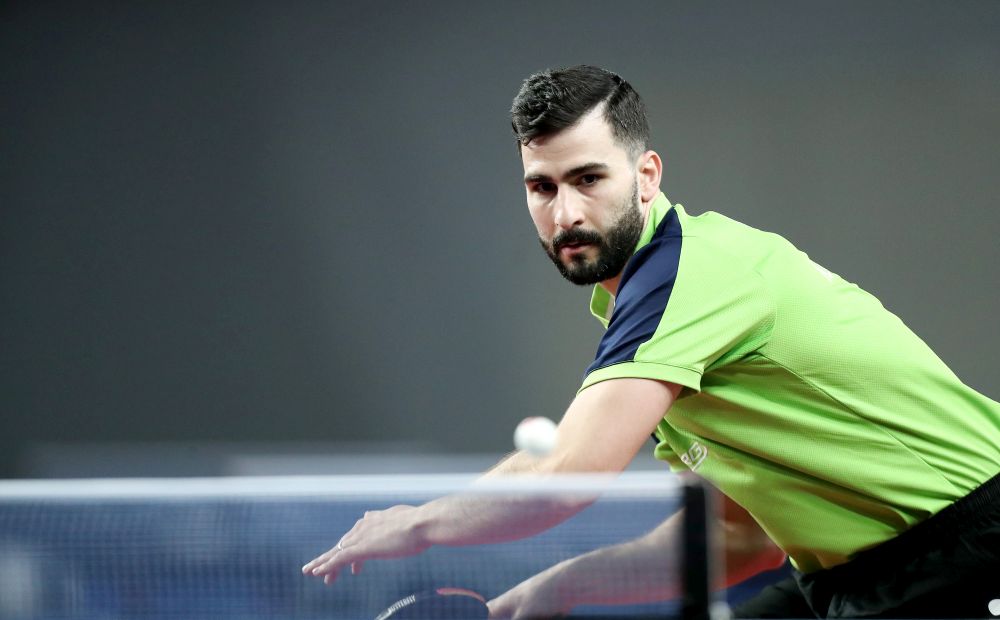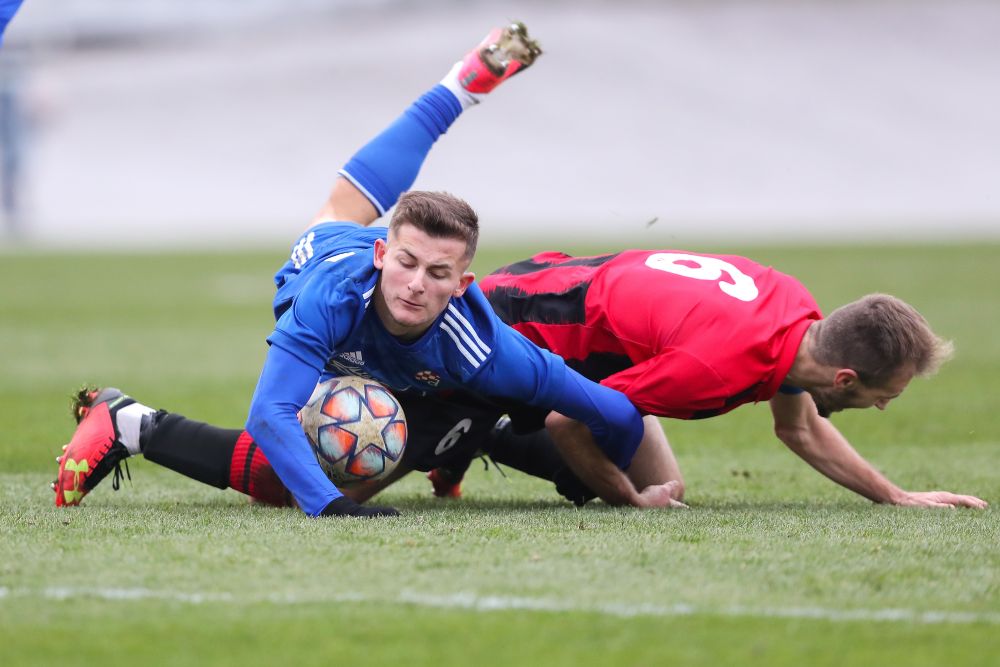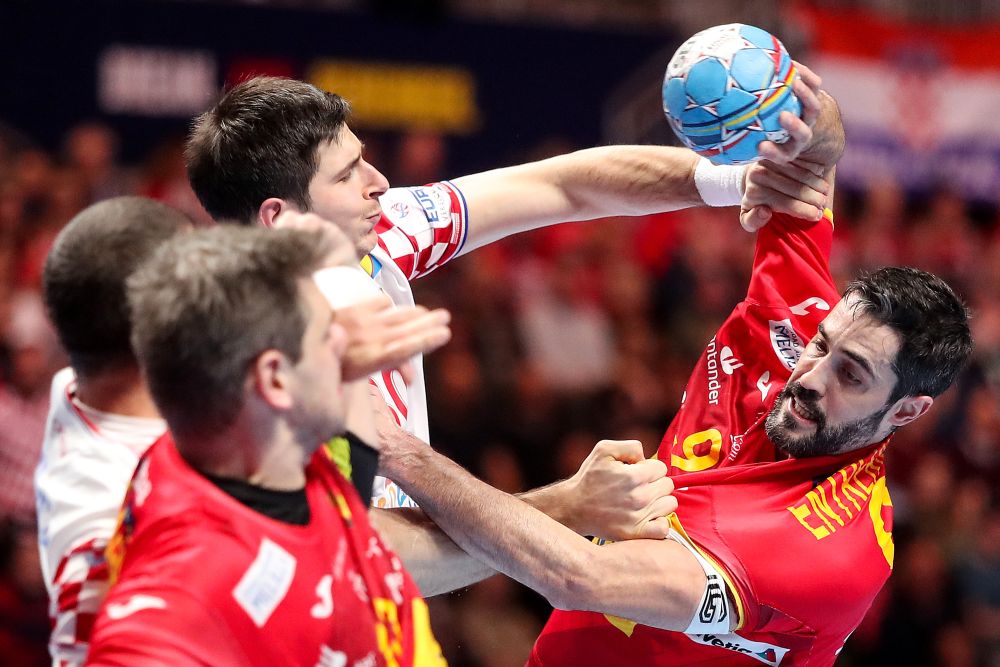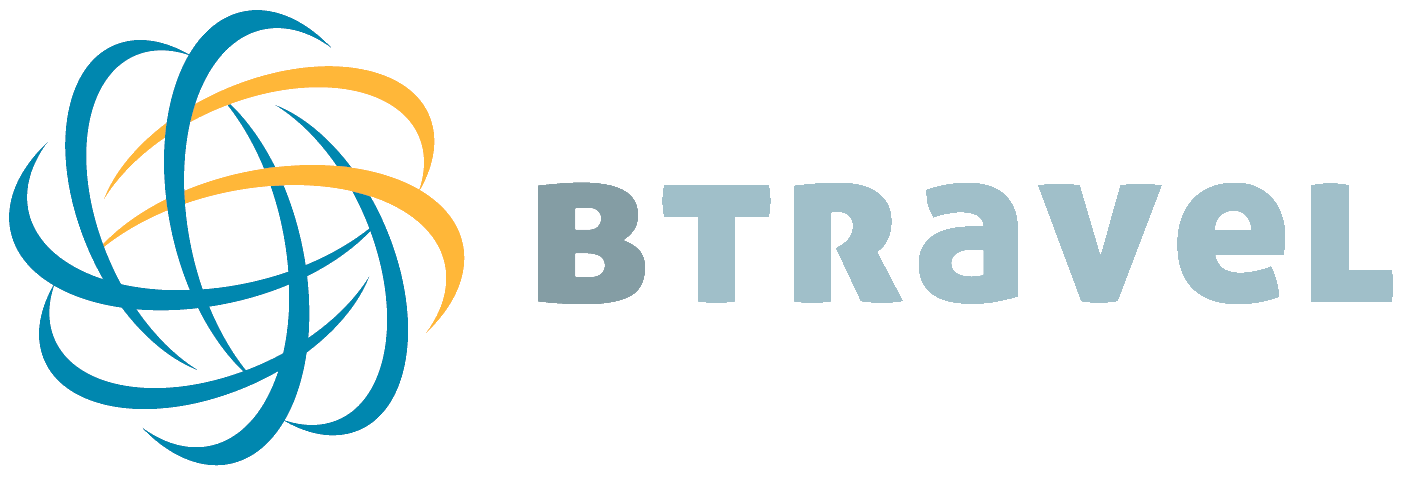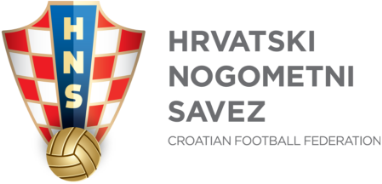LAUSANNE, April 3, 2020 - “What you’ve achieved here, with only a three days notice, is remarkable,” said Michael Payne, the top guest, surrounded by books — including his own, Olympic Turnaround — in his home, as he met 80 Young Reporters from four continents in a Zoom session.
For 90 minutes, the former IOC head of marketing shared valuable information on the postponement of the Olympics and answered plenty of thorough questions regarding Tokyo 2020.
FACTS - Payne’s first intervention was to put things in context, a valuable lesson for the young generation.
“In the 1980s, nobody wanted to host the Olympics. Only Teheran and Los Angeles wanted to host the 1994 Games. Los Angeles went to a public vote whether to spend public money to organise the Olympics. Over the 90% of people voted ‘no’,” he said.
At the time, revenues were “around a couple of hundred million dollars”. After 20 years on board, when he left the IOC, that number had risen to 5 billion.
In this period, many times there were concerns and public vows to cancel or postpone the Olympics for a number of issues, the last one being for Pyeongchang 2018.
“Only three months before the opening ceremony, there was the risk of a nuclear war on the Korean peninsula as tensions rose between US president Donald Trump and North Korean leader Kim Jong-un.The IOC has learned not to react to media and political pressure, certainly not until all the facts are clear. In the case of Pyeongchang, the IOC was proved to be right. It would have looked foolish to call off the Games as many demanded. They became a winter sport celebration that proved to be very successful,” Payne explained.
UNFAIR PRESSURE - For Tokio 2020 and the coronavirus pandemic, the same procedure was adopted. Understanding the facts first. Then, it was the IOC, defined as “the franchiser of the Games” by Payne, that suggested to the Japanese authorities to postpone.
“There’s been some unfair criticism. Obviously, the path that led us to this decision was long and tortuous. The IOC has done a delicate job, subjecting itself to the unfair pressure from politics and journalists, but you can't move the world's largest event overnight. The Japanese government had long asked for more time to make a final decision and has not ruled out the possibility of an autumn Olympics, mostly due to logistical reasons, until the end”, he added.
CELEBRATION OF HUMANITY Now, with the horizon set in 2021, the Games appear as one unique chance to bring people together, having beaten the pandemic. “After the difficult and dark times the we have faced, the world will be looking to celebrate humankind pulling through. This crisis has isolated us, so next year's Olympics must become a symbol of union and dialogue, to allow people to feel the Olympics as the greatest exaltation of the global community,” he reckoned.
After this, it was time for the abundant questions coming from the Young Reporters, that definitely rose the occasion.
Here are just a few:
Mr Payne, how does the insurance system work in case of postponement?
IOC has taken out insurance since I joined. That policy mainly applies for cancellations, games not taking place or terrorist attacks forcing games to a stop. Main broadcasters did the same. Regarding the postponement, this is still a quite unexplored field, still far from clear. The market of insurance will be very stressed now, with all these events changed. We never had insurance before, we need to have it now. The issue of Games not able to take place gained relevance over the years, when unpredictable events undermined their organisation (9/11, SARS, the Icelandic volcano). IOC and the organising committees are planning a major risk management process that can be insured. IOC and the principal broadcasters are insured, but its impact of postponement is not yet fully clear.
Will broadcast deals be reviewed or re-negotiated considering the postponement and the high to face a new financial crisis?
Most of the Olympic broadcasters (NBC, Discovery, NHK) have long-term contracts (until 2032). The postponement will be mainly causing operational troubles but contracts won’t face re-negotiation. It will be the same broadcasters, probably reviewing some advertising deals. In general, there’s support to IOC decision.
Can you explain the choice of keeping the name Tokyo 2020 according to the marketing strategy decided by the IOC?
The decision was probably taken by the IOC president and the Japanese Prime Minister. The partners have produced millions in t-shirts and merchandise that has to be sold. Japanese Cartoons added NE to Tokyo 2020, becoming 2020NE.
What was the dynamics of parties negotiation which led to the final announcement?
The announcement was made after a huge negotiate behind the scenes. “You can’t move the world’s largest event overnight” As the outbreak spread across the world, IOC became fully aware that postponement was not an option, while the Japanese organising committee, and the government were still considering the “autumn window”. But with the virus bringing the world into a global crisis, a longer postponement became the only option. The process was very delicate, it took time on the announcement to allow Japan not to lose face, after seven years spent organising the world’s largest event.
There has been talk about Olympic reserve, estimated in one billion dollars
Towards the end of Samaranch presidency, the IOC decided to build up an emergency fund in case of cancellation. This fund would have help the movement to sustain for 4 years, now it is more than a billion. Cash flow problems are to come now.
What will be the major changes in ticket prices? Is there the possibility that more money will be asked to sponsors to face the loss of income?
No organising committee has never seen such demand for tickets, everything was sold out. Tickets for Paralympic Games were sell out before the games started. The ticketing policy is being studied at the moment. The change in circumstances won’t allow some passionate and fans to come as planned, but I a sure that stadia will be equally full the next year, because passion will not be affected. As for sponsors, the IOC has decided that contracts expiring at the end of this year will be extended until the end of 2021. This is what has been decided so far, but it is still too early to make a reliable estimate of costs.
What can the IOC make out of this crisis?
IOC had a famous precedent. The Olympics in Salt Lake led the IOC into deep crisis, which regarded the essential guidelines of the organisation. But we used that fall to completely reform the IOC. Now, the biggest potential opportunity stands on the power that the Olympic brand has to united people, becoming a symbol worldwide, stimulating a new dialogue in order people can see the Olympics with different eyes.
How complex is to manage the change in calendars?
Such a complicated situation does require compromise among all actors involved. In this case, the compromise must be found after IOC decision triggered a domino effect. There are some world’s events on schedule next year, and all the federations are committed to make all the necessary efforts to give athletes the best solution. Managing the domino effect is essential. Moreover, I am sure this crisis will impact sports in infinite ways, most the still unseen, change in salary levels, different financial protocols. We are just looking at chapter one of the financial effects on sporting world.
What are IOC plans in case the epidemic is not yet completely eradicated in a year?
If the world still faces a similar challenge in a year, the unfolding of the Olympics will take second place, because it means that the world will face an epochal crisis from a much more serious point of view. Talking about the possibility that some countries will be living late effects and still in trouble by the time the Olympic Games take place, we know that some strategies have been studied when the outbreak occurred with Chinese volleyball athletes isolated in quarantine. In case few countries will be still struggling, solutions can be found, maybe through protective quarantine in places where they can train.
NEXT WEEK As time was running out, and having noticed the interest raised among the participants, Mr. Payne agreed to be back for a second round of Q&As next week.
An introduction of the course, that will last until September, followed Payne’s impressive presentation, with Riccardo Romani and Martin Mazur discussing ethics in the coverage of the outbreak, and opportunities for storytelling from lockdown, while Gianni Merlo and AIPS Executive Committee members offered their views on the new project.
e-STUDENTS - The full list of the 80 participants* of AIPS e-College are as follows:
AFRICA
Burundi: Olivier Nishirimbere
Ethiopia: Halieegziabher Adhanom
Ghana: Fifi Anaman, Akosua Addai Amoo, Esther Osei, Ayishatu Zakaria Ali
Kenya: Timothy Olobulu, Idah Sarah Njeri Kamau, Caren Kibbett
Morocco: Wissam Dehbi, Hamza Ait Messaoud
Nigeria: Chibuogwu Nnadiegbulam
Senegal: Sene Diacounda
Sierra Leone: David Rehme Wilson, Hawa Dauda, Desmond Tunde Coker
South Africa: Mbalenhle Nkosi
Tanzania: Benjamin Ben Mazunda
Tunisia: Arafat Hamrouni
AMERICAS
Argentina: Carolina Mitriani
Bolivia: Fátima Velarde
Brazil: Pedro Victor Pereira
Chile: Andrea Hernandez, Diego Rodriguez
Colombia: Alejandro Munevar, Edgar Junior Garcia, Paula Rodas, Sebastian Rico Barreto
Mexico: Paloma Gutiérrez
Nicaragua: Alejandro Benda?a, Harold Briceno
Paraguay: Fátima Martínez, Julio Bonnin
Peru: Valeria Vega, Rosa Maria Mu?oz
Usa: Jilian Angeline, Erin Fish
Venezuela: Luis Morales
ASIA
China: Lu Xingji, Lin Deren
India: Koushik Paul
Iran: Shokoofeh Mousavi, Zahra Aliee
Kazakhstan: Ruslan Medelbek
Lebanon: Rayanne Moussallem
Palestine: Hussein Shahin
Saudi Arabia: Fahad Alammari, Qasem Almaskeen, Alsajjad Alsalam
EUROPE
Austria: Martin Schauhuber, David Baumgartner, Marco Tilli, Silvana Strieder, Rathgeb Thomas, Rashad Mahmudzada, Sebastian Sohm
Belarus: Yurij Mikhalevich
Belgium: Bavo Delbaere
Croatia: Filip Ozbolt, Marino Pleic, Marko Miladinović
Czech Republic: Adela Silesova, Martin Charvát
Estonia: Merili Luuk, Kristo Tamm
Finland: Atte Lehtonen
Germany: Nadia Al-Massalmeh
Greece: Emmanouil Meremetis
Hungary: Benedek Mohay, Richard Szentes
Italy: Francesco Gottardi, Matteo Suanno
The Netherlands: Jeroen Adriaanse
Romania: Mihai-Vladimir Dolinschi
San Marino: Matteo Pascucci
Slovenia: Klemen Verlič, Lucijan Zalokar, Katja Dovžan
Turkey: Hakki Mutlu
Ukraine: Vladyslav Dunaienko
*In case your name is missing and you attended the class, please send an email to AIPS Media Team

 EN
EN HR
HR










